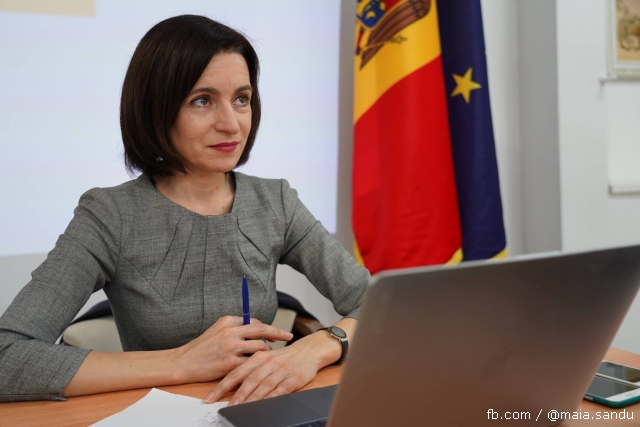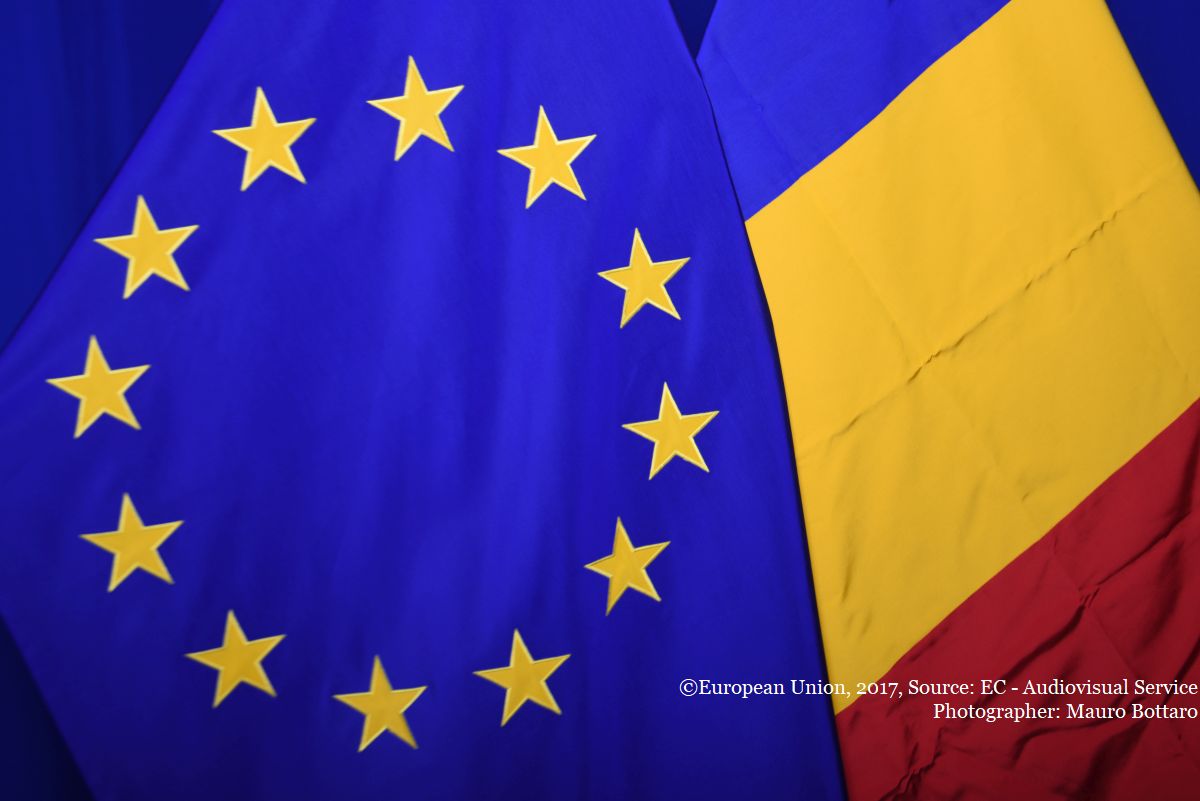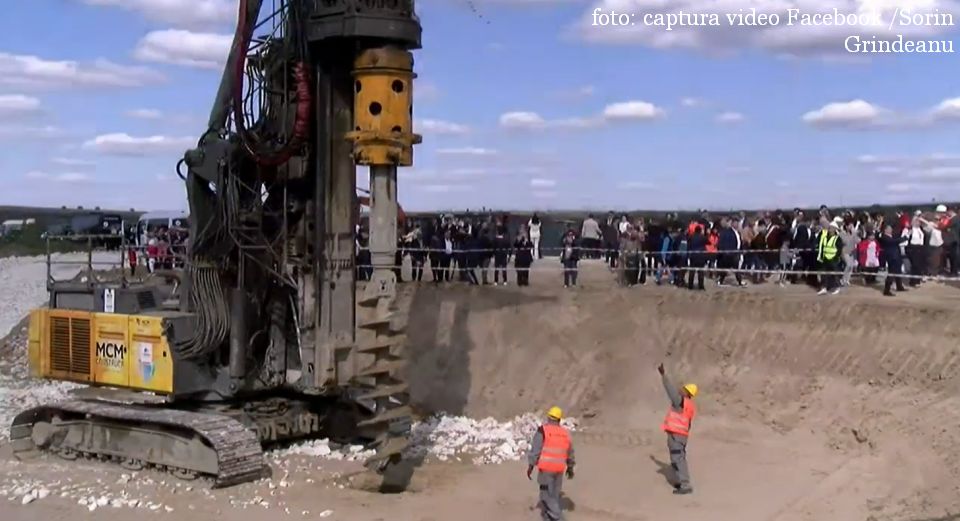Severe political crisis in the Republic of Moldova
Moldova is paralysed by a political war between the Constitutional Court and President Dodon

Bogdan Matei, 10.06.2019, 13:55
The pro-Russian Socialist President of the Republic of Moldova Igor Dodon has requested international mediation for the political crisis in Chisinau, one of unprecedented magnitude in the nearly 3 decades since the country declared its independence. Essentially, the 2 sides in the dispute are the Constitutional Court and the incumbent Government formed by the Democratic Party, both of them controlled by the controversial and unpopular tycoon Vladimir Plahotniuc, on the one hand, and President Igor Dodon and the new parliamentary majority, on the other hand.
This past weekend, the political conflict reached its peak. The Constitutional Court ruled to suspend Igor Dodon, replacing him with the Democratic PM Pavel Filip, and to dismantle the current Parliament. In response, the new parliamentary majority made up of the Socialists and the MPs of the Pro-European right-wing bloc ACUM, voted in a new government, headed by former presidential candidate Maia Sandu.
The 2 teams exchange accusations of usurping power. Sandu says the Democratic Party blocks the functioning of public institutions, and after the chief of police refused to recognise the authority of the new Interior Minister she urged civil servants to peacefully hand over power. Meanwhile, Plahotniuc took his supporters to the streets and asked them to be prepared to defend public institutions.
On behalf of neighbouring Romania, President Klaus Iohannis has called on all political forces in Chisinau to respect democracy and the rule of law. Stability is vital if Moldova is to follow through its European accession efforts, translating in a large-scale reform process, including in terms of the rule of law and good governance, reads a news release issued by the Romanian Presidency. The Government of Romania has also announced that it watches closely the political developments in Moldova, and urges all political players in that country to comply with the rules of democracy.
Brussels, in turn, calls for calm. The European Union stands ready to work with a democratically legitimate government, on the basis of a mutual commitment to reforms and to the core principles enshrined in the Association Agreement, reads a joint statement issued by the EU diplomacy chief Federica Mogherini and the Commissioner for Neighbourhood Policy, Johannes Hahn. Moscow says it is vital for the forces in charge with Moldovas foreign policy to comply with the actual will of the people.
All these come after 3-and-a-half months of failed attempts at forming a parliamentary majority. In the February 24 legislative elections, the Democratic Party and ACUM bloc each got around one-third of the seats in Parliament. This, analysts noted, reflects the dramatic fragmentation of the Moldovan society between the pro-Russians and pro-Europeans, between the supporters of the fight against corruption and those who favour an oligarchic regime.
(translated by: Ana-Maria Popescu)






























